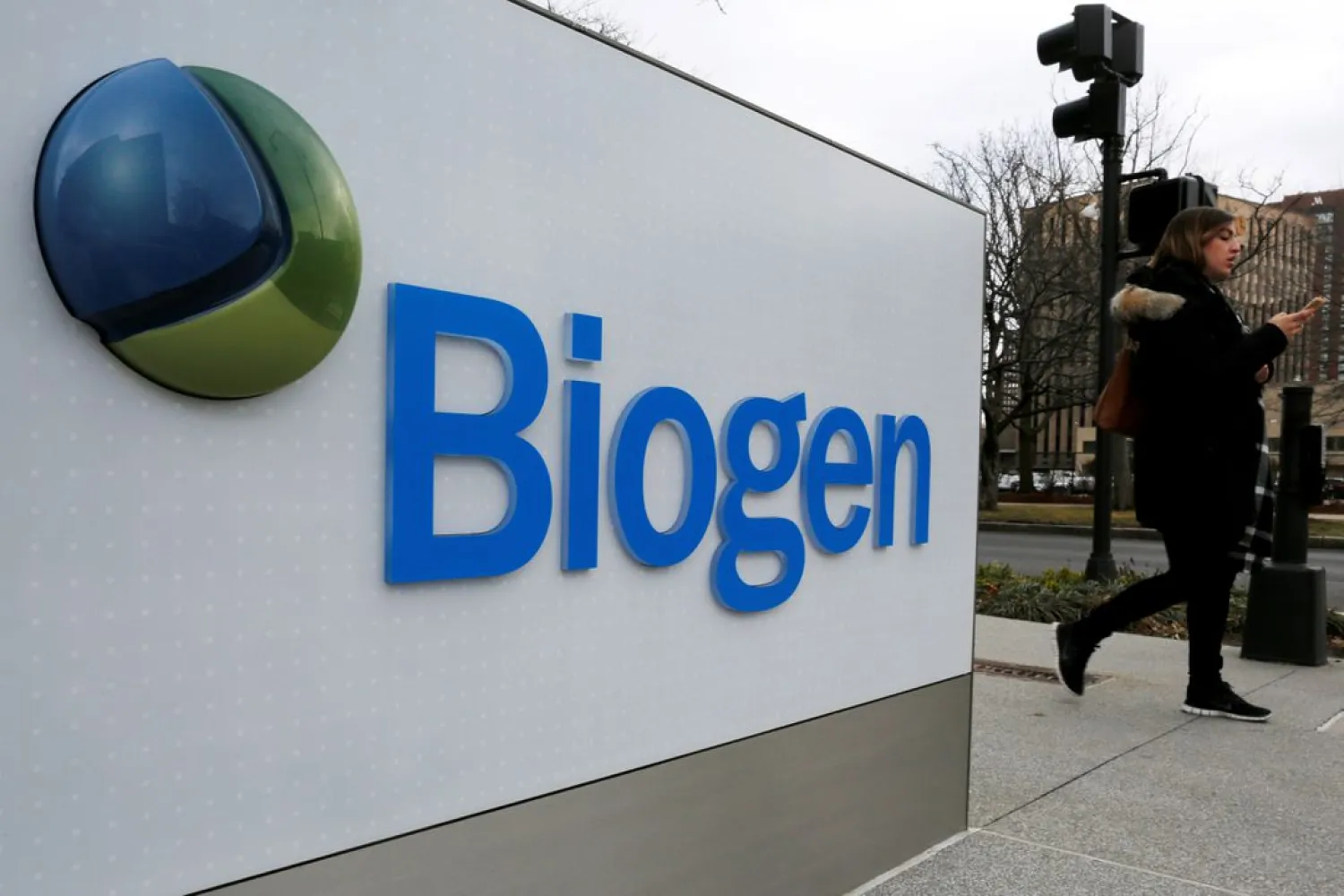A US hospital on Wednesday gave the first infusion of an expensive, controversial new Alzheimer's drug from Biogen Inc before Medicare had even said what it will pay for - and with some doctors upset by its approval last week.
Mark Archambault, a 70-year-old realtor from Wakefield, Rhode Island, was the first patient treated with the drug, Aduhelm, outside of a clinical trial. His infusion took place in Providence at Butler Hospital's Memory and Aging Program.
"We are opening a new era in treatment," Brown University Medical School neurology professor Dr. Stephen Salloway told Reuters. He said the Butler Hospital program has around 100 patients likely to be good candidates for the drug, which is given as a monthly intravenous infusion.
Aduhelm was approved based on evidence that it can reduce brain plaques, a likely contributor to Alzheimer's, rather than proof that it slows progression of the fatal mind-wasting disease.
The US Food and Drug Administration approved the drug - despite the strong objection of its own expert advisory panel - for all patients with Alzheimer's, although Aduhelm has only been tested for patients in the early stages of the disease.
"Hopefully clinicians will follow the clinical trial guidelines, because we really don't have any evidence for more advanced patients with Alzheimer's," Salloway said.
Some doctors are wary even of prescribing Aduhelm for that group.
Dr. David Knopman, a neurologist at the Mayo Clinic in Rochester, Minnesota was one of three experts who resigned from the panel of advisors which had recommended that the FDA not approve Biogen's drug.
Between questionable trial results and potential side effects, Knopman did not see reason for most patients to get the medicine. He said he is walking a line between being paternalistic and honest about his concerns to patients as Mayo prepares to treat them with the new drug.
"I may have talked one person out of" using it, he said. "I will turn over some of the responsibility to this team of people we are putting together. They will get my opinion."
Biogen has estimated around 1.5 million of the 6 million people in the United States with Alzheimer's would be considered to have early-stage disease.
Cigna Corp Chief Clinical Officer Steve Miller said he expects Cigna, as well as other health insurers and Medicare, will only agree to cover the drug for patients with early Alzheimer's.
Biogen, which is partnered on the drug with Japanese drugmaker Eisai Co Ltd, has set an average price of $56,000 a year, which the Alzheimer's Association - a longtime outspoken supporter of Biogen - called "simply unacceptable."
The vast majority of patients will be covered by the federal Medicare health program. But Robert Egge, chief public policy officer at the Alzheimer's Association, said most Medicare recipients are responsible for 20% of the cost of drugs given by doctors, and about 10% of them have no cap on those costs.
"This could further exacerbate health equity challenges that we have across the country," he said.
Biogen said it hoped the "value-based contract" it agreed to with Cigna last week that will track the drug's effectiveness was a step toward "efficient and affordable patient access." It added that patients with Medicare fee-for-service were presumed to be automatically covered.
Salloway said Butler Hospital would ask Medicare to cover the costs of Archambault's treatment. "I am very happy to have this," the patient said in a webcast news conference.
The US Centers for Medicare & Medicaid Services said it will have more information on coverage soon.
The Institute for Clinical and Economic Review (ICER), an influential drug pricing research group, has said trial data for Aduhelm, known chemically as aducanumab, indicate a cost-effective price of no more than $8,300 per year. Looking only at favorable trial results - one of two pivotal aducanumab trials failed - that price rises as high as $23,100, ICER said.
After discounts, Biogen's net price for Aduhelm is likely to be around $30,000 per year, Oppenheimer analyst Jay Olson said in a research note. In addition to those costs, patients must have tests to diagnose Alzheimer's such as a brain scan, which is not covered by Medicare, or tests using spinal fluid.
Still, given that this is the first approved drug that might slow the lethal, memory-robbing condition, hospitals are gearing up. "All the major centers that have an interest in Alzheimer's disease are taking this seriously," Salloway said.









